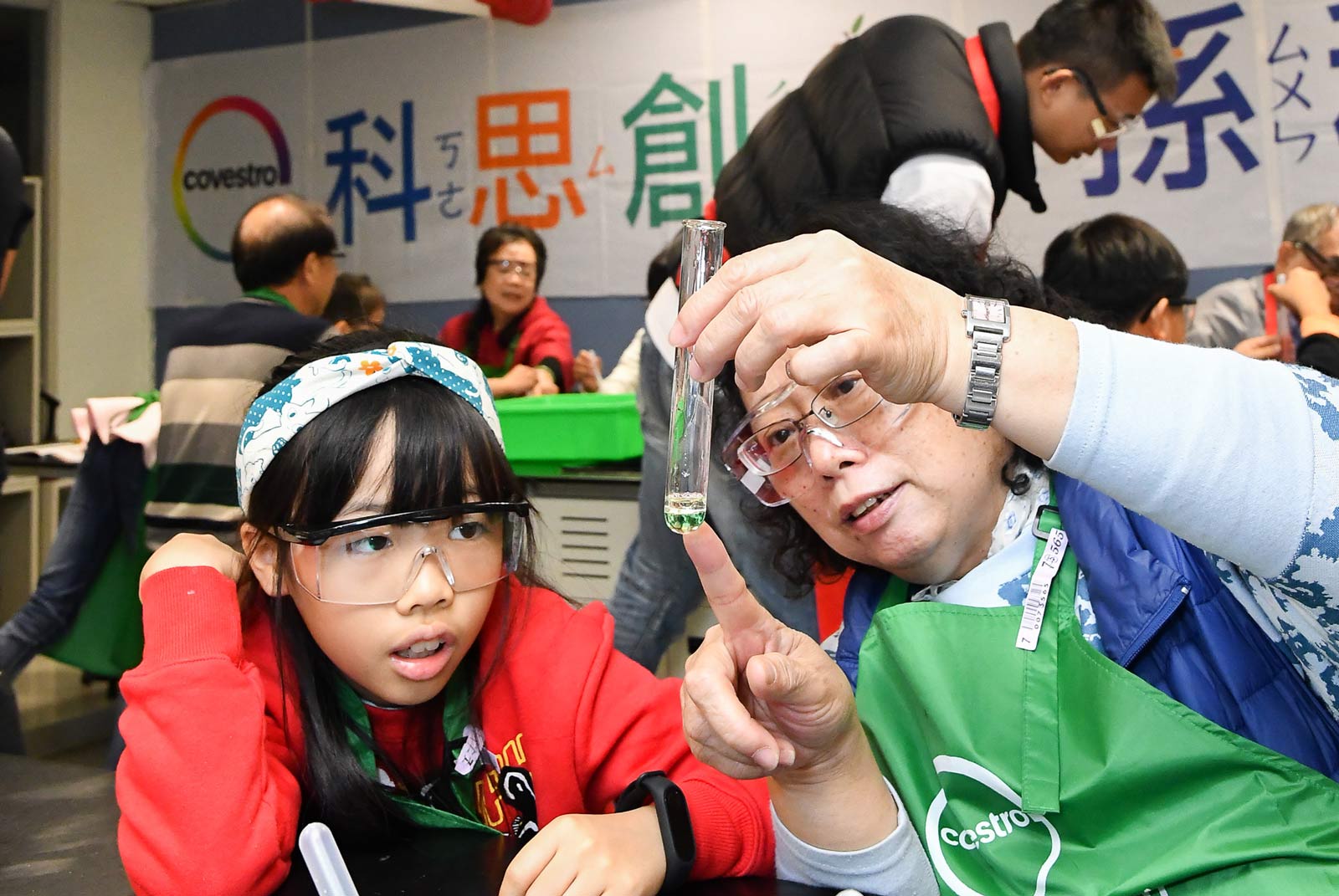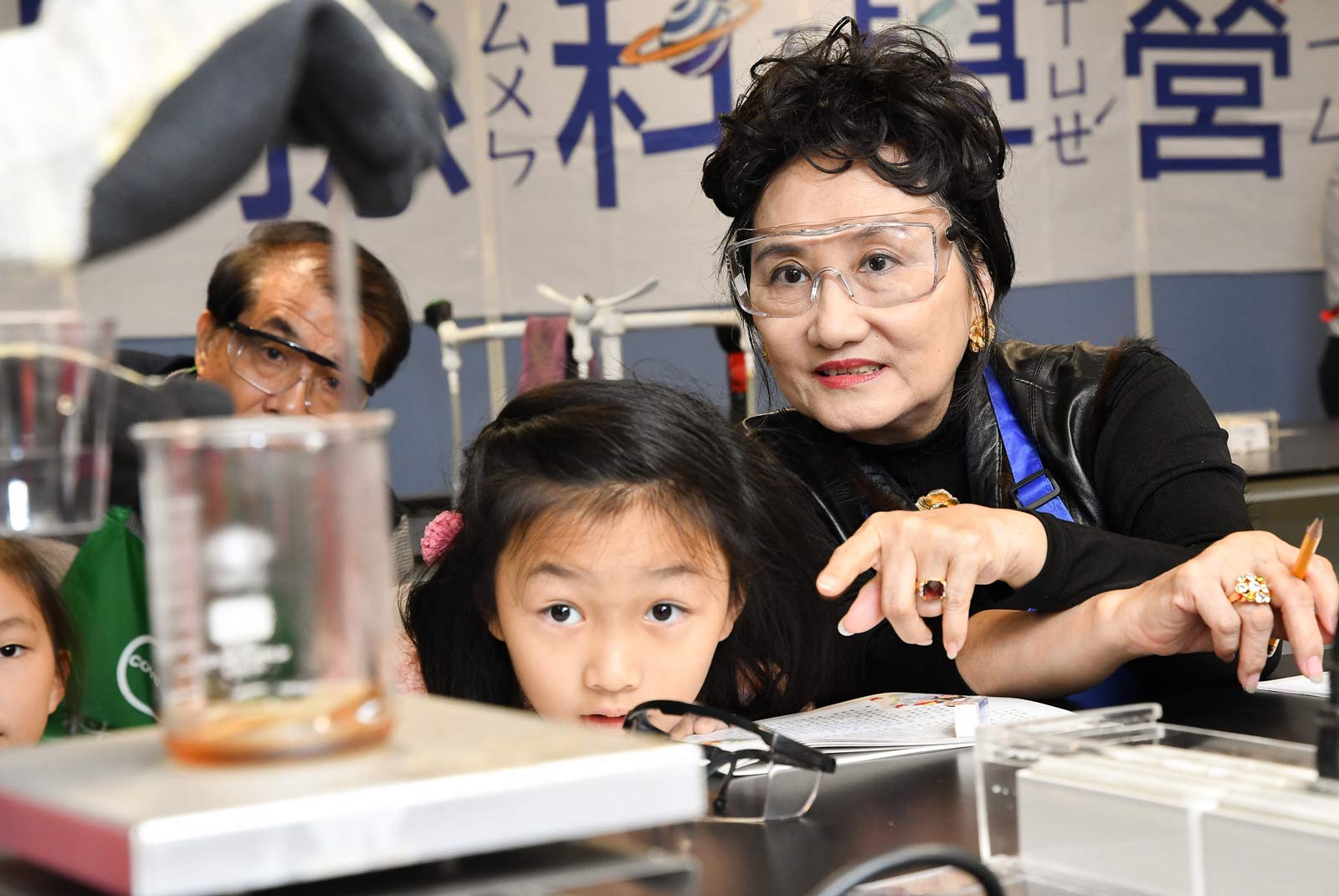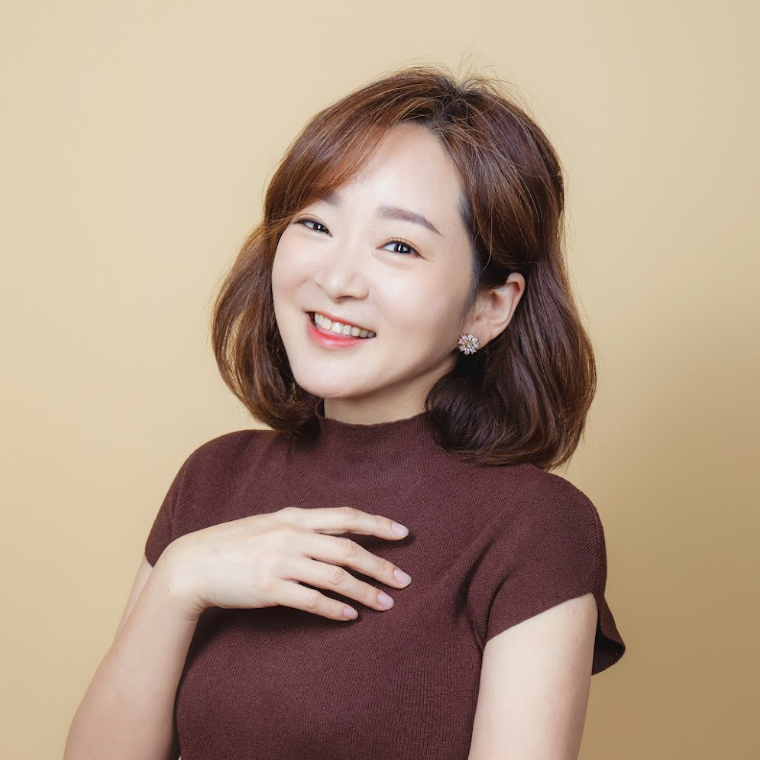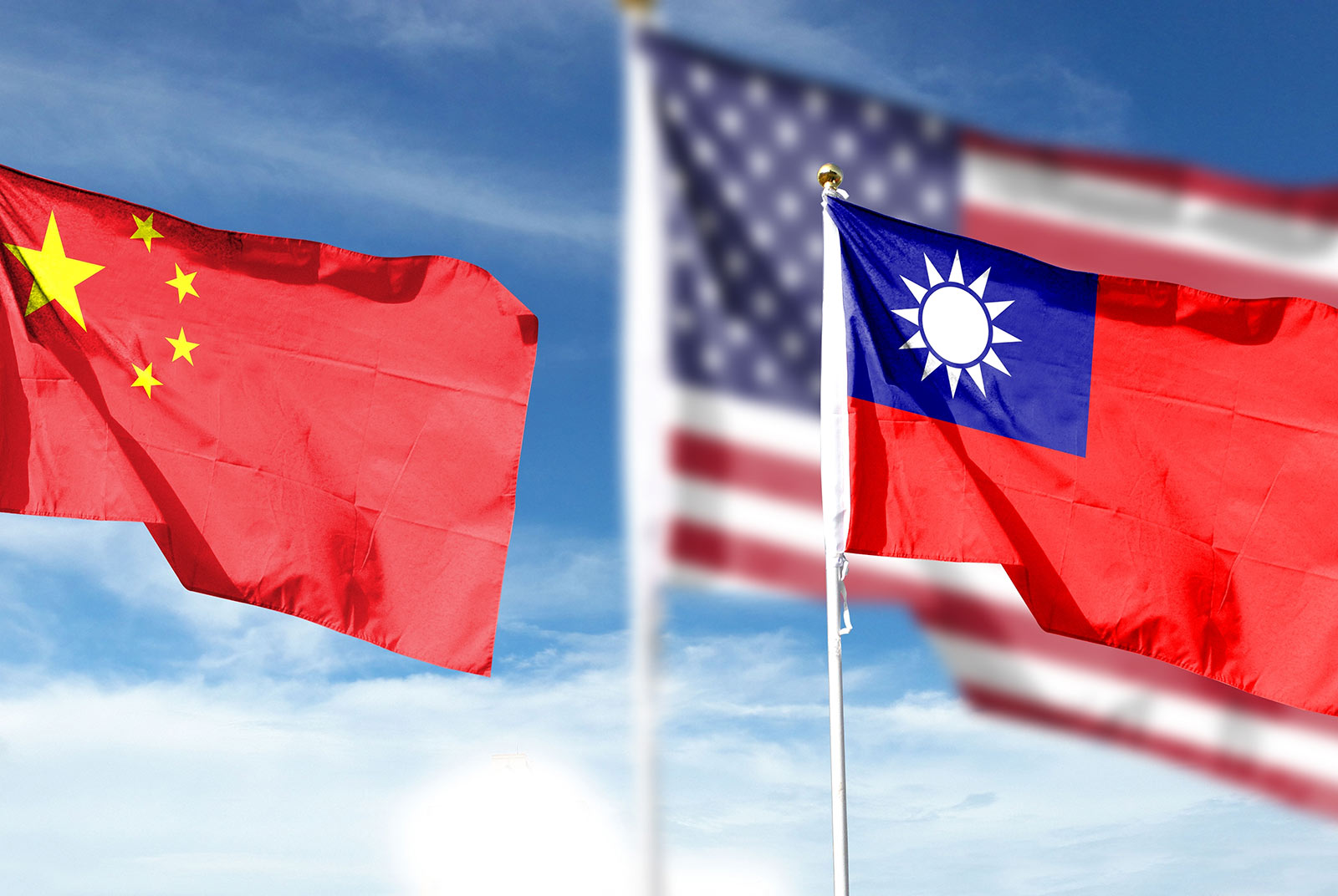What is DEI, and How to Uphold its Values in Your Project

Source:Covestro Taiwan
Diversity, equity, and inclusion (DEI) are key values in fostering a more equitable society. Covestro's Grandparent-Grandchild Science Camp in Taiwan exemplifies their commitment to DEI principles. This unique project creates cross-generational bonds while promoting inclusivity. Exploring the application of DEI in this endeavor provides valuable insights for integrating these values into our projects and daily lives.
Views
What is DEI, and How to Uphold its Values in Your Project
By Renee Chenweb only
At Covestro, we uphold diversity, equity, and inclusion (DEI) as the culture to be promoted to realize our vision: "Make the world a brighter place." Diversity is a fact of all groups, no matter their size. As each of us is an independent individual, when a group becomes bigger, a stronger essence of diversity will be present, as members originating from different cultures or nations will have joined, and this is where inclusion becomes crucial.
Inclusion is the action that acknowledges the reality of diversity, including accommodating and listening to individuals from various cultural, religious, and national backgrounds. Only by opening our hearts and minds will we reach the best solutions.
Equity is also an influential factor. People are born in unequal conditions, influenced by their family environment or physical limitations. However, if we can provide customized opportunities for each individual to grow equally, based on their unique differences, equity will bring about a significant impact.
Covestro's DEI strategy focuses on three key areas: employees, the workplace, and community. Diversity, equity, and inclusion can also be practiced in our daily lives and in the business projects we undertake. As my job is in the field of Communications, which also includes CSRs (Corporate Social Responsibilities), I would like to use Covestro Taiwan's Grandparent-Grandchild Science Camp (which will take place in August) as an example to illustrate the application of DEI principles.
Aging societies are a global trend, and Taiwan is no exception. Grandparents are also the very first teachers that the younger generation comes into direct contact with. However, as family structures have changed, the phenomenon of "remote grandparents and busy grandchildren" has emerged as a result. In addition to the gap between grandparents and grandchildren, we are also aware of the gaps between the different generations. And I believe that the closer grandparents and grandchildren are, the less discrimination and prejudice there will be from the younger generation against the elderly generation. That was how the Grandparent-Grandchild Science Camp was formed in my mind with DEI elements back in 2019.
 Chemical reaction in food. (Source: Covestro Taiwan)
Chemical reaction in food. (Source: Covestro Taiwan)
Diversity is an inherent aspect of any group, even when your mind is not on it. The design of the Grandparent-Grandchild Science Camp, with a cross-generational composition, has further expanded the diversity within the camp. But how can inclusion and equity be incorporated into this event?
As a grandparent and his/her grandchild are required to collaborate in completing experiments as a team, such designs already foster inclusion, as participants must exchange their thoughts and find ways to succeed. The experiment requires grandparents and grandchildren to listen to and understand each other, which is also one of the purposes of the camp.
In terms of equity, the Grandparent-Grandchild Science Camp does not impose any restrictions based on participants' backgrounds. For instance, if the grandparents cannot read Chinese and can only communicate in local dialect, or the grandchildren can only understand phonetic symbols, how can we support them to ensure equal opportunities to learn science?
During the design phase of the event, we decided to recruit volunteers who could speak different dialects and assigned Taiwanese-speaking or Hakka-speaking volunteers to assist grandparents who feel more comfortable communicating in Taiwanese or Hakka. The event's instruction manual also incorporates phonetic symbols and step-by-step diagrams to help illiterate grandparents and grandchildren understand the instructions.
These measures offer more opportunities for equal growth, and every grandparent and grandchild, regardless of their background, have successfully completed the experiments in all the past events. Remarkably, up to 80% of the grandparents participating in the previous Science Camp carried out their first-ever experiment at the event.
We designed simple and easily understandable steps for the grandparents to showcase their wisdom in front of their grandchildren. Such support for equity has been proven to have a profound influence on bonding between the grandparents and grandchildren. After participating in the camp, many grandchildren expressed their excitement, stating opinions like "I never expected my grandma could understand science and work with me to complete experiments" or "It's so much fun to do experiments with Grandpa and Grandma!"
The success and social impact of past camps have garnered the support of the Taipei City Government, Changhua County Government, and Pingtung County Government, who have joined as co-organizers of the event alongside Covestro this year. As children grow up, the interaction between grandparents and grandchildren diminishes. Many grandchildren made wrong assumptions and had doubts about their grandparents' ability to keep up with the times, expecting them to lack scientific knowledge, struggle with experiments, or have difficulty understanding.
However, children often overlook the fact that the elderly possess wisdom from experiences that they never revealed. Through the camp's activities, such wisdom is highlighted, enabling grandchildren to recognize and appreciate the capabilities of their grandparents, thereby promoting the values of inclusion. The Communications Department of Covestro Taiwan has had extensive communication with the tutors responsible for designing the experiments. They made the experimental materials approachable and relatable to daily life, where the formulas are adjusted numerous times to ensure higher success rates. This enables children and grandparents to complete the experiment within a short period, fostering trust and a sense of accomplishment through their cooperation.
From my personal observation, the grandparents and grandchildren at the camp genuinely try to understand each other, communicate, cooperate, and successfully complete scientific experiments step by step.
These transformative experiences have a profound impact on both the grandparents and the children. We have received letters from parents expressing their gratitude to us for organizing the science camp, as it provided quality time for their daughters and mothers. The letters also noted how the grandparents and grandchildren continue to cherish their memories of the event together afterward.
In a digitalized and alienating modern society, it is crucial that we bridge the generation gap and promote mutual inclusion.
Through scientific activities incorporating DEI values, Covestro not only enhances its corporate image but also has a lasting impact on the hearts of the participants. It is noteworthy that Covestro Taiwan received an appreciation letter from parents in our company public mailbox for the first time, which further demonstrates the positive influence of the Grandparent-Grandchild Science Camp.
Covestro Taiwan was listed as a Finalist in the 2022 Gartner Communications Awards in the category of "Excellence in ESG, Sustainability and DEI Communications"; it was also the only company from Taiwan nominated for the award.
(This piece reflects the author's opinion, and does not represent the opinion of CommonWealth Magazine.)
About the Author:

Renee Chen, Head of Communications and DEI Leader of Covestro Taiwan. Renee's expertise lies in strategic partnership, social engagement, corporate positioning, branding, DEI culture, and internal and external communications. With more than 20 years of experience and a proven track record in Public Relations, Change Communication, Alliance, Corporate Social Responsibility, Issue Management, and Public Government Affairs, Renee is devoted to enhancing brand reputation, internal culture and social engagement, and generating real impact on society.
Have you read?
- How Taiwanese cuisine reflects a distinct identity
- Increasing gender diversity can help Taiwan’s tech industry
- Why does L'Oréal Taiwan award female scientists?
Uploaded by Ian Huang






